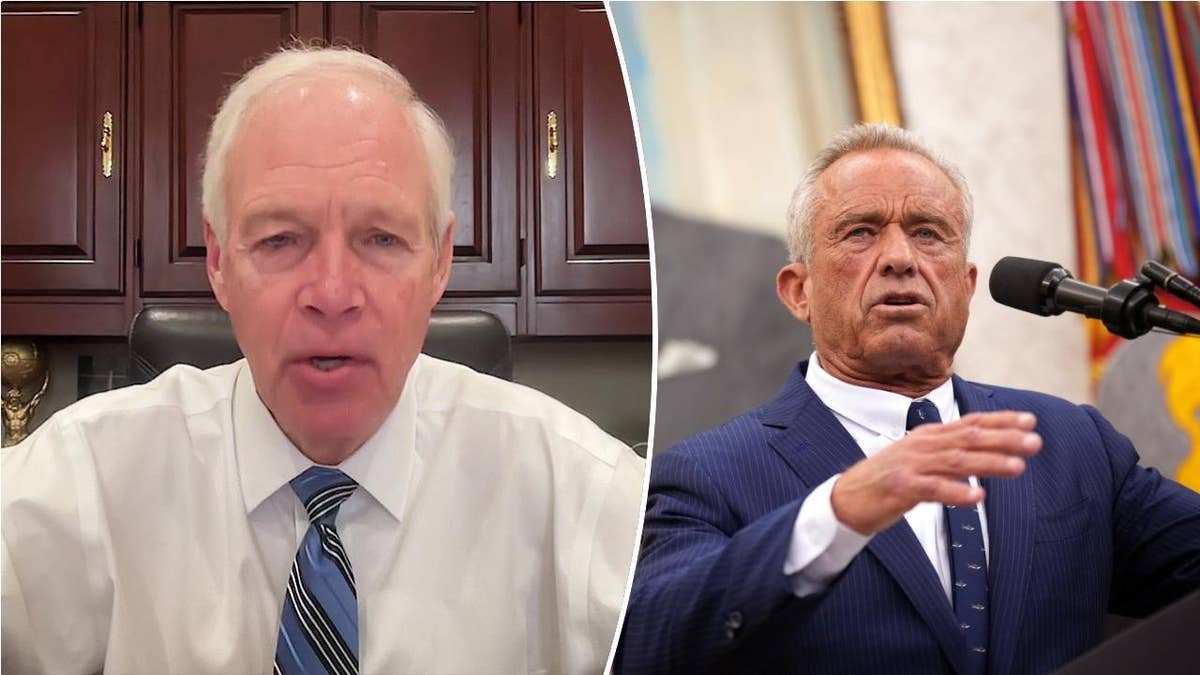As Independence Day celebrations unfolded across the nation, the ice cream giant Ben & Jerry's ignited controversy by advocating for the return of land to Indigenous peoples, suggesting Mt. Rushmore as a starting point. This declaration, however, took a hypocritical turn when it was revealed that the company's own headquarters reside on land claimed by the Abenaki Native American nation.
Abenaki Chief Don Stevens expressed interest in discussing the land's return with Ben & Jerry's. This ironic twist has fueled criticism and sparked debate about land ownership, historical claims, and corporate responsibility. While Ben & Jerry's calls for land redistribution, critics point out the company's own occupation of potentially disputed territory.

Chief Don Stevens of the Nulhegan Band of the Coosuk Abenaki Nation asserts that Ben & Jerry's headquarters sit on Western Abenaki land. (Fox News)
The broader issue of land ownership and historical claims is highlighted by this situation. Many argue that various locations across the globe have changed hands throughout history, raising questions about rightful ownership and the complexities of historical disputes. Even the Lakota tribe, who claim Mt. Rushmore, reportedly acquired it from other tribes, further complicating the narrative.
Critics also question the sincerity of Ben & Jerry's activism, noting the company's use of ingredients like cow's milk obtained from animals unable to provide consent. This raises questions about the consistency of their ethical stance and the potential for performative activism.

The debate extends beyond land ownership, touching upon other social and political issues. The CDC's recent guidelines on chestfeeding for transgender individuals have further fueled the conversation, with some suggesting Ben & Jerry's embrace this progressive approach by sourcing milk from consenting biological men. This satirical suggestion underscores the complexities and contradictions within the broader social discourse.

Ultimately, the Ben & Jerry's controversy highlights the challenges of addressing complex historical and social issues, particularly when corporate actions appear to contradict stated values. The debate raises questions about land ownership, corporate responsibility, and the sincerity of social activism in the modern era.








